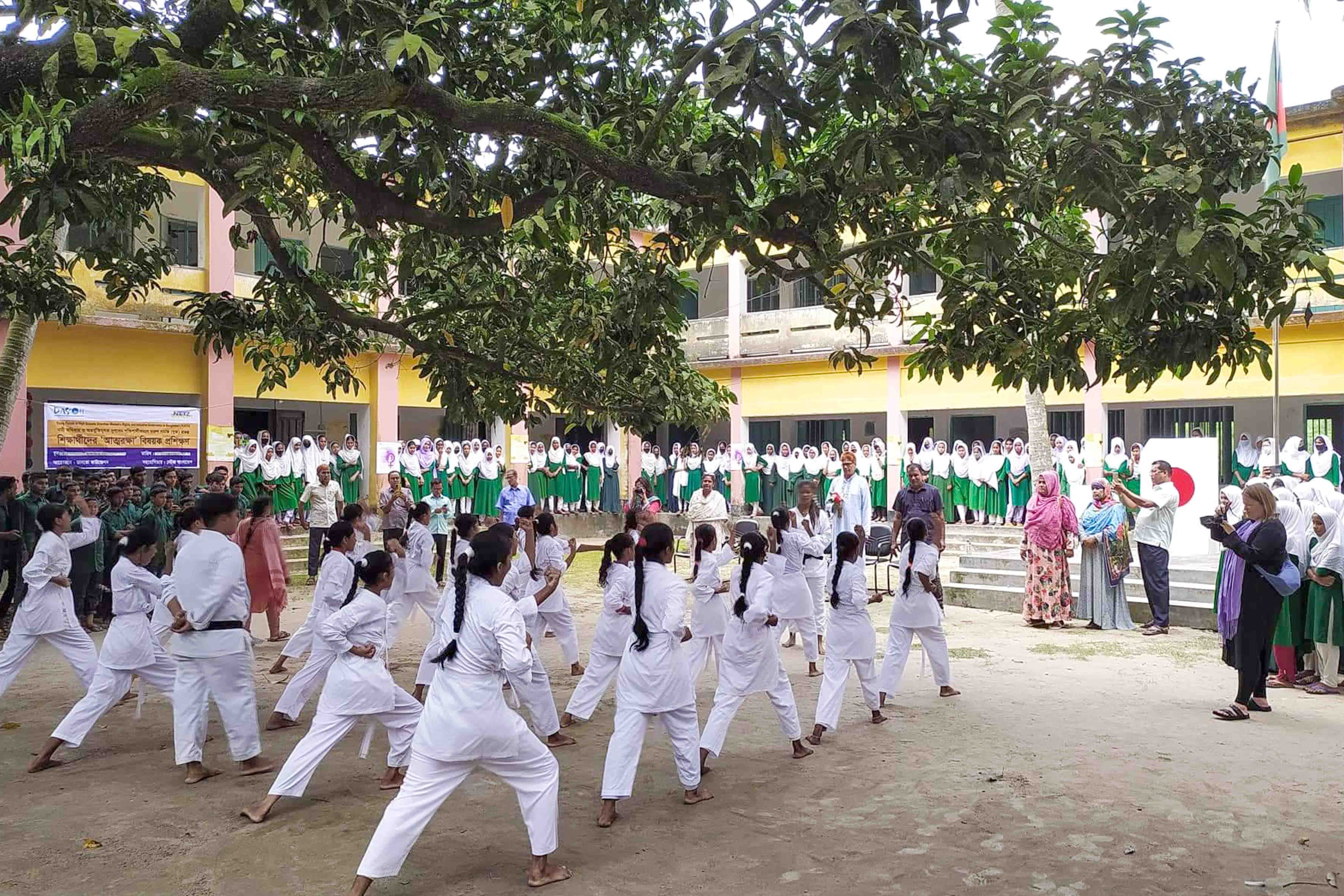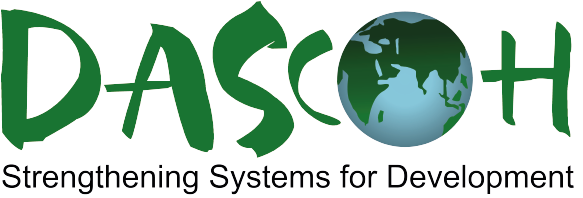
Title of the Project: Young People at High Schools Strengthen women rights and inclusive governance in Bangladesh (YUKTA)
Project Implementation Period: 3 Years and 11 month( 01 February 2021 to 31 December 2024
Name of donor: NETZ Partnership for Development and Justice
Project Areas:
Rajshahi district: Paba and Mohanpur upazila
Chapainawanganj district: Nachole and Chapai sadar upazila
Natore district: lalpur and Natore sadar upazila
Jaipurhat: Panchbibi and Jaipurhat sadar Upazila
Direct Project Beneficiaries: 54,609 (persons)
Year wise budget distribution/allocations:
Total Project budget: 6,48,77,875
District/ Upazila wise budget distribution:
Rajshahi district: BDT. 6,214,307
Chapainawanganj district: BDT. 6,214,307
Jaipurhat district: 6,214,306
Natore Upazila: 6,214,307
Project type and goal: The young people at high schools strengthen women's rights and inclusive governance in Bangladesh (YUKTA) Project. The YUKTA project, funded and technically supported by NETZ Bangladesh, operates across four districts and forty unions in north-western Bangladesh from February 2021 to December 2024 with a budget of 15,187,115. Its aims include empowering HRDs to safeguard women's and girls' rights, combat gender-based violence, and foster inclusive governance through various initiatives. Activities encompass forming village, union, upazila, and district CSOs, student forums, theatre groups, dialogues at multiple levels, advocacy campaigns, survivor support, and fostering connections between government officials and CSOs. Achievements include setting up complaint boxes in schools and Union Parishads, reforming violence protection committees, forging strong government-CSO relations, offering support to survivors, and enabling extensive training and representation opportunities for CSO members in various governmental bodies.




